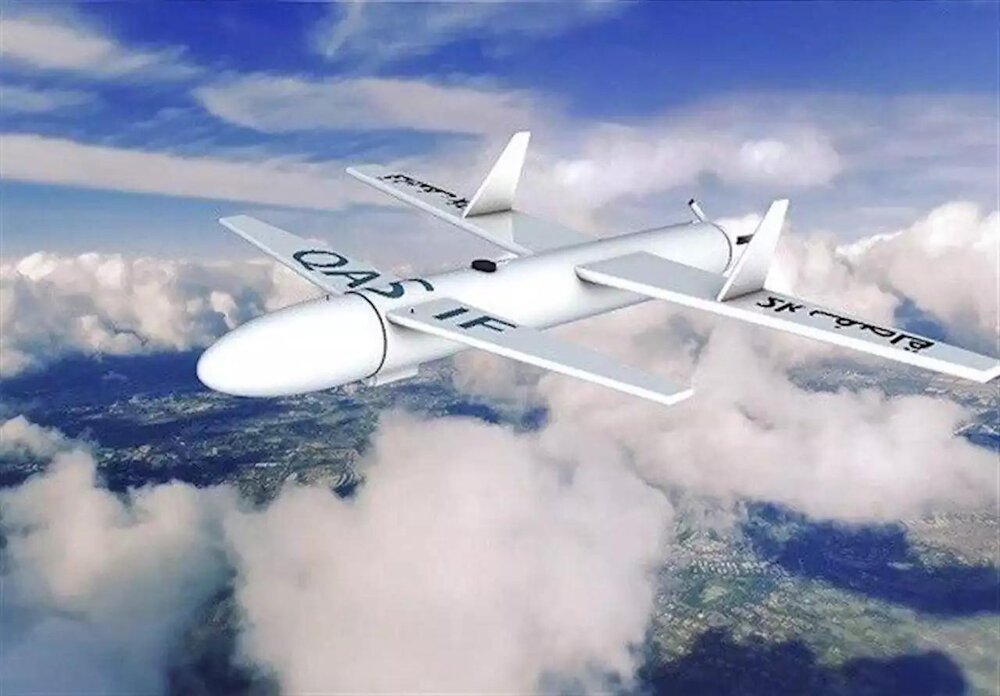Why is Aramco’s operation a sign of transformation in strategic power equations?

TEHRAN - The drones of Yemen’s army and popular committees, in a building which highly sophisticated technology was not used, hit Aramco facility by passing through multibillion-dollar defense equipment of Saudi Arabia. This attack disrupted %50 of production and expert of Saudi Arabian oil.
Six special battalions of the U.S.-made Patriot anti-missile system, with the value of tens of billion dollars, are protecting oil facilities of Saudi Arabia.
Some reports indicate that Saudi Arabia has recently added a Patriot anti-missile system to the protective net of Abqaiq oil facilities. But reinforcing of defense systems in this huge oil complex could not resist against Yemeni’s drone strikes. There were significant military features in Yemeni’s drones attack on Aramco on Saturday. Challenging super-advanced military systems by seemingly simpler and cheaper weapons has given rise to a new component in future representation of different countries’ defense capabilities against each other.
The U.S. has so far been a powerful influence on the political, military, and economic processes and equations in the world by possessing military and economic powers. But the excessive use of sanctions, formation of confronting mechanisms in the world, and significant decline in U.S. military influence, which is largely based on hardware, have disrupted the functioning of the mentioned tools. As a result, the credit of this country and its allies in the international arena has faded.
Today (Friday, September 9th), the National Security Council meeting in the White House is set to examine the reaction to Aramco’s operation. Trump has said that he is not interested to take military action and asked the generals to provide better options. It is unlikely that the U.S. will be able to find a way out of continuous failures and restore its credit by using economic and military powers.
Understanding the transformation of power equations in international field requires U.S. officials’ readiness to recognize real power blocks, and to accept their role and function. But, there is no indication of such approach in the current U.S. administration at the present time.
